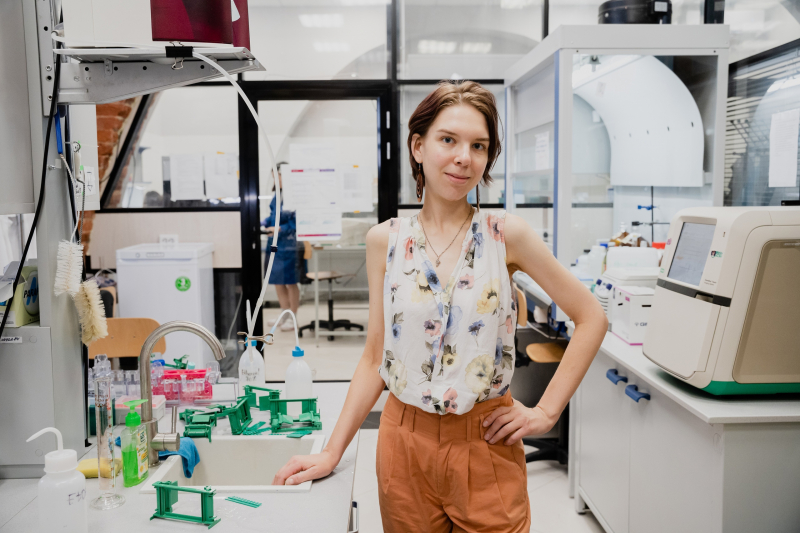
Immunologist Marina Dukhinova on Herd Immunity and COVID-19
The pandemic and introduced protective measures against COVID-19 have created a great storm for dispute, disinformation, and conspiracy theories. In this article, Marina Dukhinova, an immunologist and a senior researcher at ITMO’s ChemBio Cluster, answers the most frequently asked questions about immunity, antibodies, and revaccination.09.08.2021
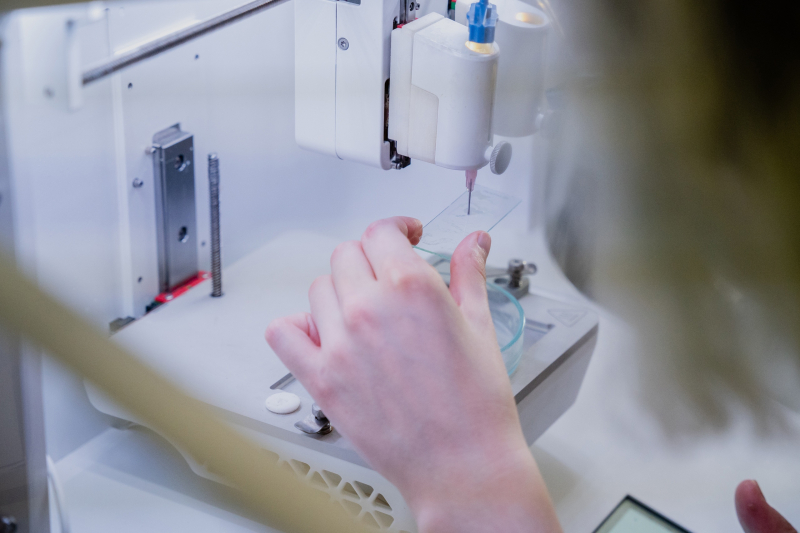
ITMO University Hosts Seventh SCAMT Workshop Week
SCAMT Workshop Week (SWW), a summer school for Russian and international students, took place in July.23.07.2021
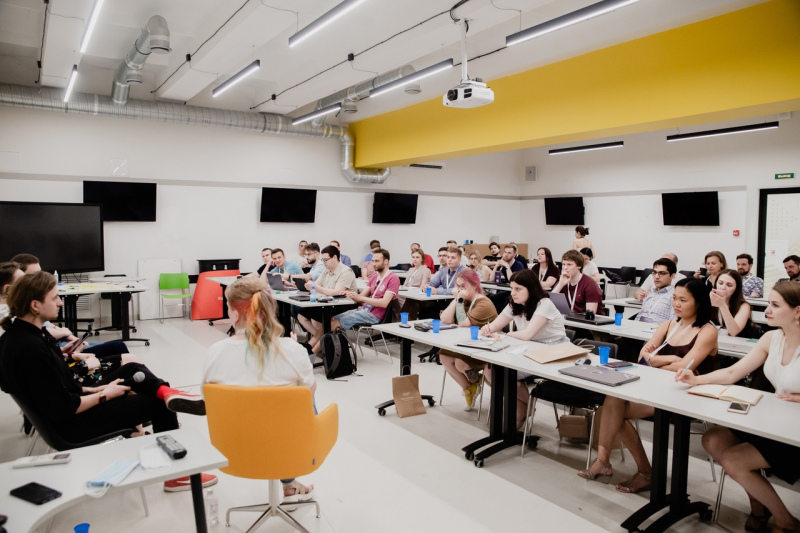
PI School Participants Share Their Stories
ITMO University has recently hosted a summer school for young scholars striving for international recognition. The school participants defended their roadmaps for developing world-class laboratories in their regions and shared their impressions with ITMO.NEWS.29.06.2021
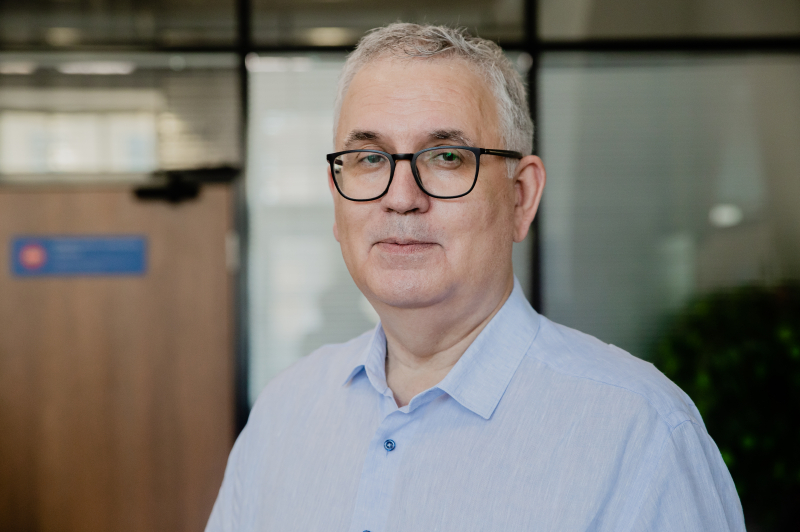
Scientific Leadership: ITMO Hosts PI School by SCAMT
The PI SCHOOL is designed for young scholars wishing to learn how to put together teams, pose scientific objectives, seek project funding, and publish their results in major peer-reviewed journals. At the end of the one-week course, students will present their roadmaps for creating research laboratories that will be noticed not only in Russia but also in the world.28.06.2021
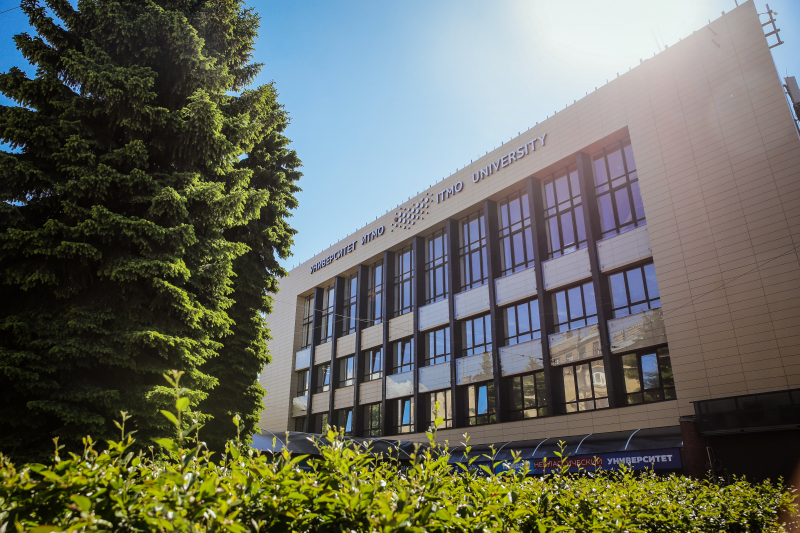
Expert Center Ranking: ITMO University First in Russia in Engineering Sciences
According to the ranking of the Expert analytic center, ITMO’s performance in 2020 placed it in the top 5 Russian universities, also making it the number one in engineering sciences. ITMO was also named the best in four other subjects. All in all, the university was represented by 13 disciplines out of the 16 currently offered at ITMO.07.06.2021
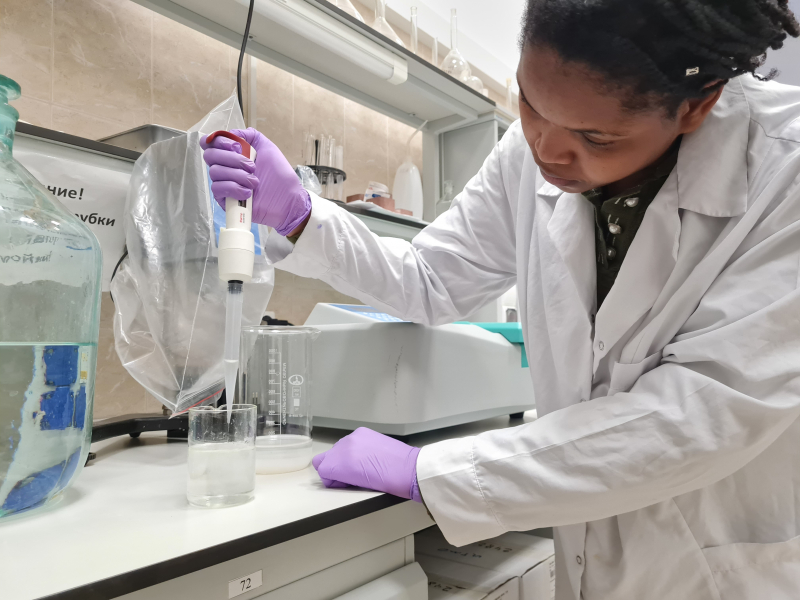
Chantal Tracey on Life at SCAMT
Chantal Tracey came from Jamaica to study for a PhD at ChemBio Cluster, having previously received a Master’s from St. Petersburg Polytechnic University. We caught up with her to hear all about a day in the life of a PhD student and member of the 3D printing of functional nanomaterials group at the SCAMT.19.04.2021
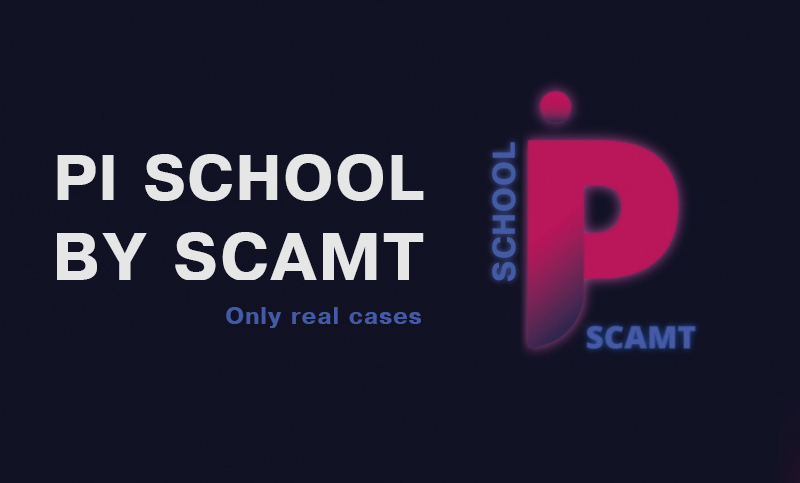
School for Young Scientists: ITMO University Hosts PI School by SCAMT
The school will feature presentations by leading scholars from different parts of Russia who will speak about their research teams known in the country and abroad. Participants will be able to create laboratories at their higher education institutions with the support of the school’s mentors.19.04.2021
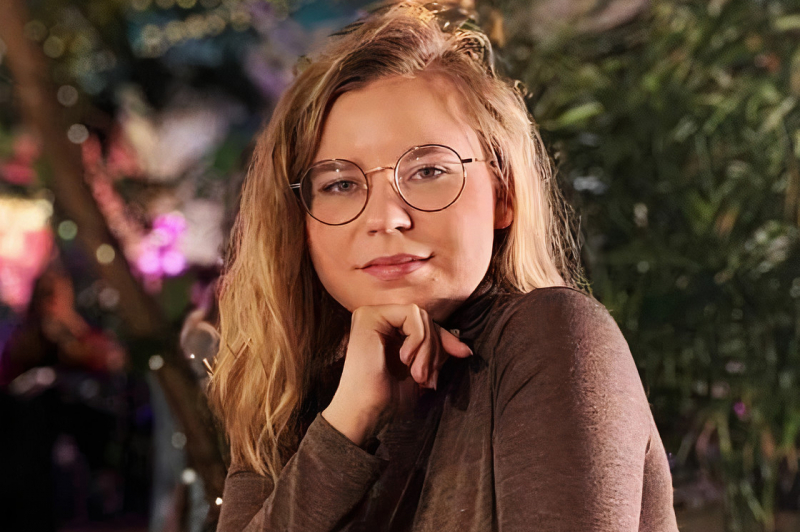
ITMO in Top-Three of Potanin Foundation Scholarship Contest
Almost 60 ITMO University students have received this year’s Potanin Foundation Scholarship. Thus, the university came third behind St. Petersburg State University and Lomonosov Moscow State University. The students will receive a monthly stipend of 25,000 rubles until the end of their Master’s studies.17.03.2021
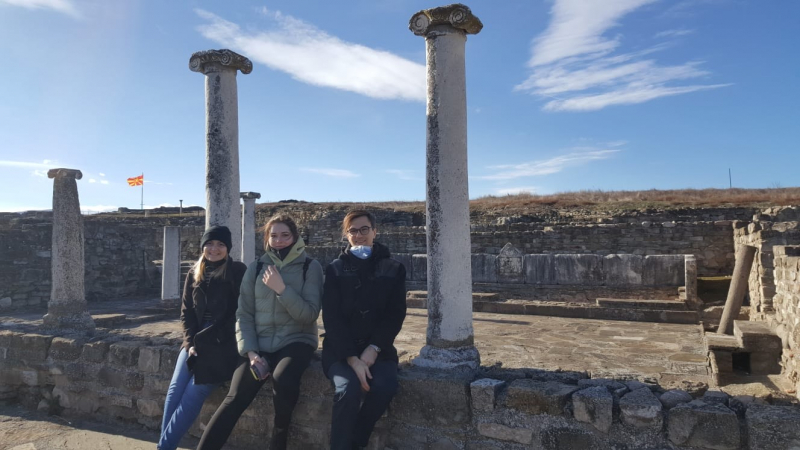
ITMO Master’s Student Tatiana Statsenko on Internship Abroad During COVID-19
Tatiana Statsenko, a second-year Master’s student at SCAMT, has recently spent a month and a half doing an internship in Skopje, the capital of North Macedonia. There, together with her colleagues from the Saints Cyril and Methodius University, she explored the synthesis of perovskite nanocrystals.17.03.2021
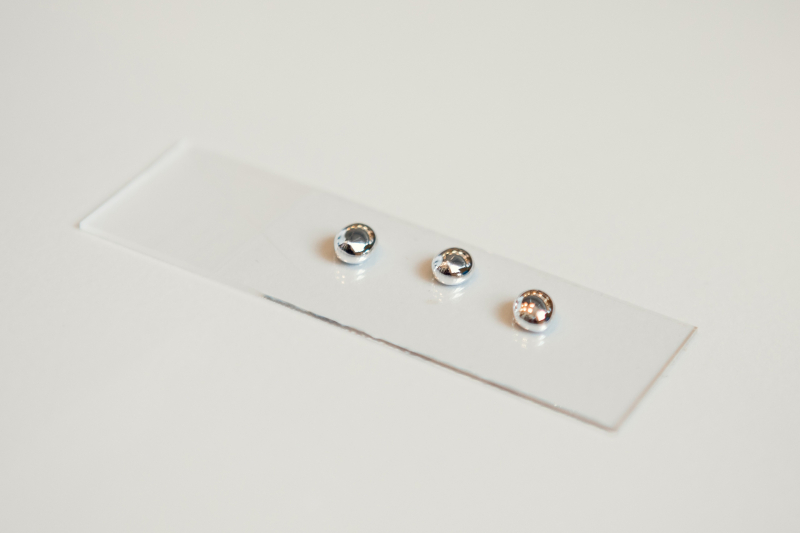
ITMO Researchers Develop Method for Production of Hollow Nanoparticles From Liquid Meta
Hollow nanocapsules are widely used for various purposes: from targeted drug delivery to catalytic reactions in petrochemistry. An article on the method was published in Chemistry of Materials.05.03.2021
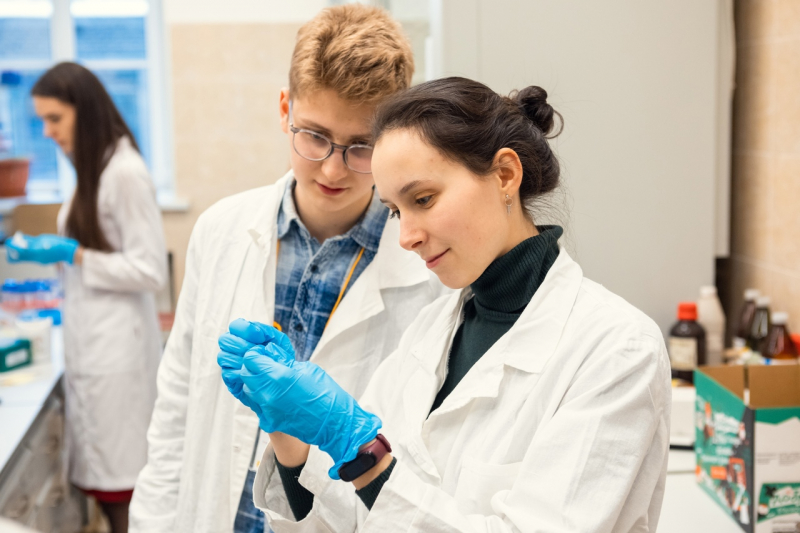
SCAMT Workshop Week took Place at ITMO University
ITMO University hosted the sixth school by SCAMT Institute. Almost 50 participants from all over Russia gained experience in the various fields of research offered at the ChemBio Cluster.25.02.2021
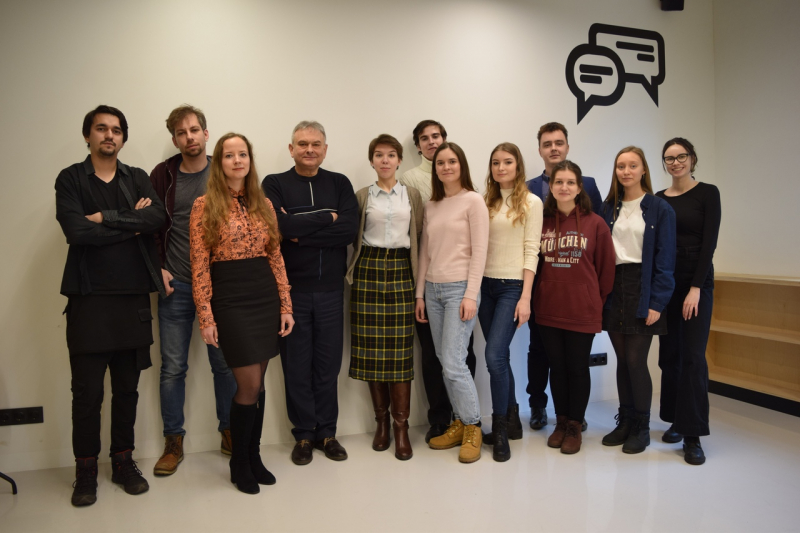
Immunologist and ITMO Fellow Marina Dukhinova: ‘Proud to Be a Part of Russian Science’
Marina Dukhinova is a biologist and immunologist whose research focuses on the use of immune modulation in the treatment of inflammatory and cancerous diseases.09.02.2021
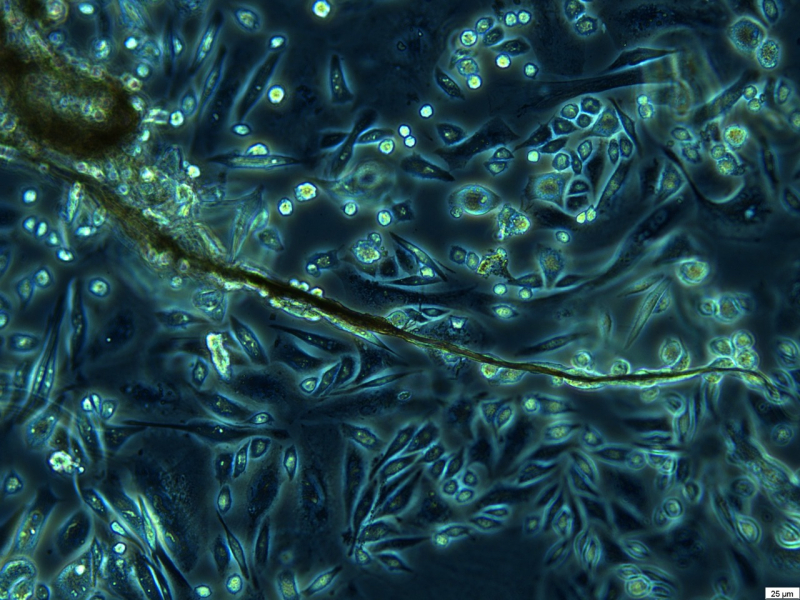
Picture of the Week: Human Neuroblastoma Cells on Spider Silk Fibers
The image was taken during an experiment devised to test the use of spider silk in the creation of biocompatible materials – a promising medium for targeted drug delivery and nerve tissue regeneration.03.02.2021
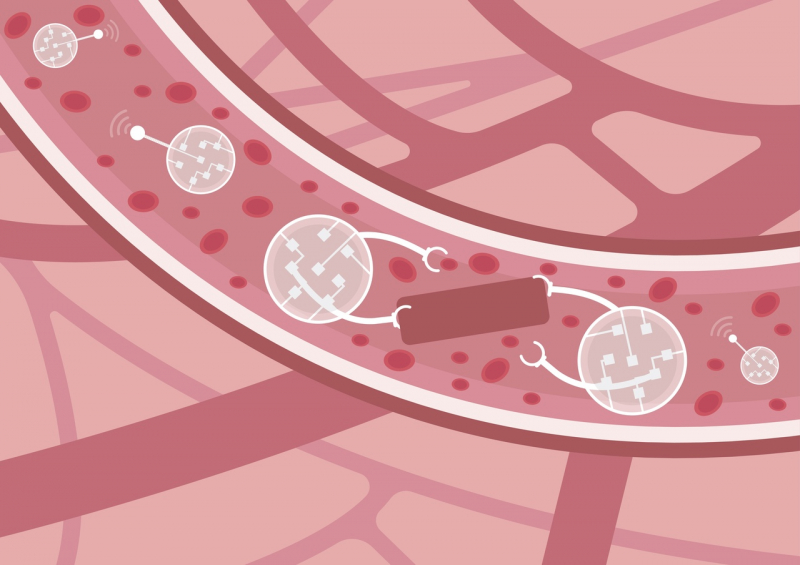
ITMO Associate Professor Elena Koshel on What DNA Robots Could Mean for Medicine
During the third scientific meetup, Elena Koshel, an associate professor at ITMO University’s ChemBio Cluster and head of the Microbiology team, discussed DNA robots and how specialists at SCAMT are using them to develop a new system for express diagnostics.03.02.2021
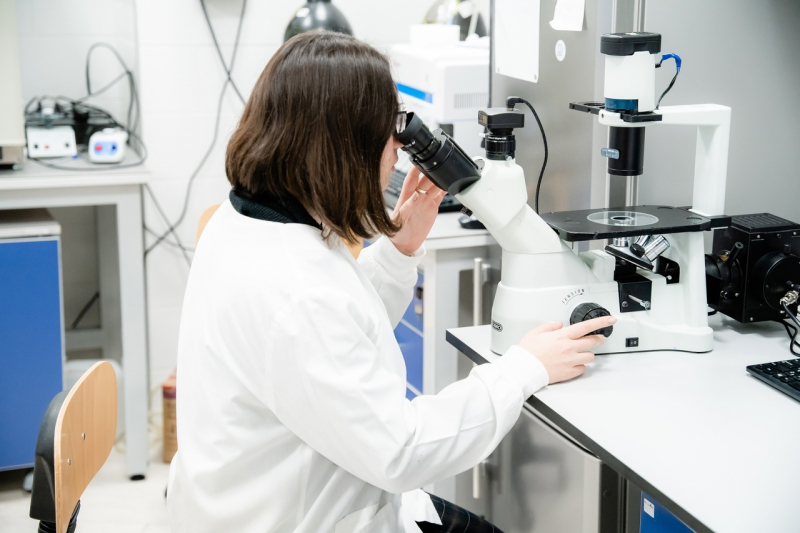
ITMO Launches a New Master’s Program in Applied Genomics
The program will train researchers and specialists in introducing genomics and bioinformatics into industry and healthcare. Over the course of the program, students will acquire sequencing methods and the methods used in genetic engineering, as well as programming and data analysis for genomes, transcriptomes, proteomes, and their combinations. The program will start at the basics, so there are no strict entry requirements for applicants.27.01.2021